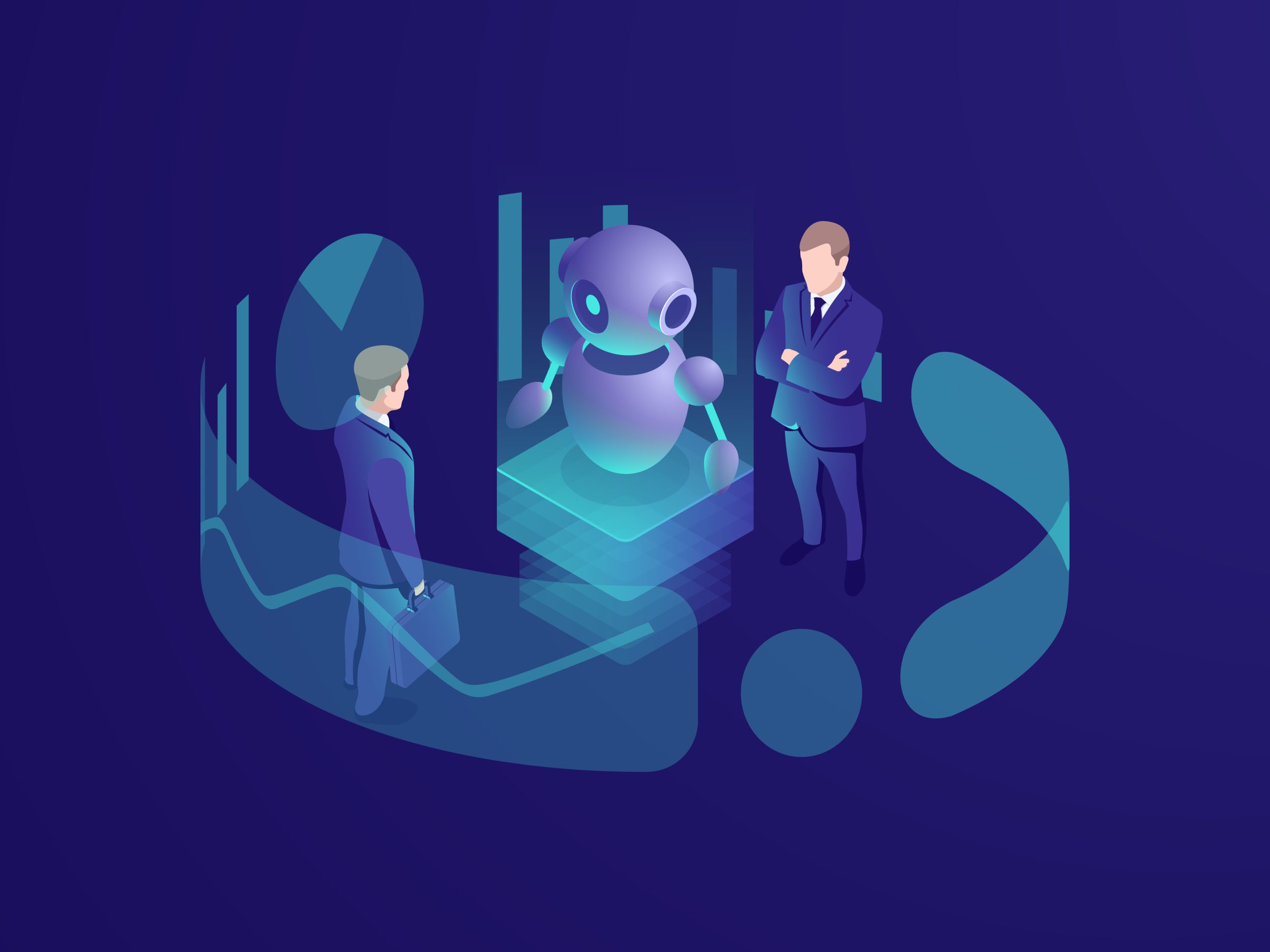are revolutionizing employee Learning & Development (L&D) by offering personalized, on-demand training solutions. These intelligent systems leverage Natural Language Processing (NLP) and Machine Learning (ML) to deliver interactive and engaging learning experiences tailored to individual needs.
The Role of AI Chatbots in L&D
1. Personalized Learning Paths
AI chatbots assess employees’ knowledge levels and preferences to recommend personalized learning paths. By continuously analyzing user interactions, chatbots can adjust content delivery for optimal retention.
2. Instant Access to Knowledge
Employees no longer need to wait for scheduled training sessions. AI-powered chatbots provide instant access to resources, tutorials, and best practices, enhancing efficiency and learning continuity.
3. Engagement and Gamification
Modern chatbots integrate gamification elements like quizzes, rewards, and badges, making learning more engaging and enjoyable.
4. Feedback and Assessment
AI chatbots assess employees’ progress in real time by providing quizzes and tests. They deliver immediate feedback and suggest improvement areas, ensuring effective skill development.
5. Reducing Training Costs
Traditional training programs often involve high costs and logistical challenges. AI chatbots reduce these expenses by offering scalable, automated learning solutions without requiring human trainers.
6. 24/7 Learning Support
Unlike human trainers, chatbots are available 24/7, allowing employees to learn at their own pace, anytime and anywhere.
Real-World Impact
Many organizations have successfully integrated AI chatbots into their L&D programs. These tools enhance employee onboarding, improve compliance training, and support continuous upskilling. Companies that adopt AI-driven training solutions report higher knowledge retention and increased productivity.
Case Study: AI Chatbot for Onboarding
Watson Career Coach for Onboarding

IBM introduced Watson Career Coach, an AI chatbot designed to guide new employees through the onboarding process. The chatbot provided personalized career advice, answered FAQs, and recommended training resources based on individual roles. As a result, IBM reduced onboarding time by 40% and improved employee satisfaction.
Unilever – AI Chatbot for Recruitment & Training

Unilever integrated an AI chatbot to automate candidate engagement and onboarding. The chatbot conducted initial screening interviews, provided company insights, and assigned learning modules to new hires. This resulted in a 50% reduction in recruitment time and enhanced onboarding efficiency.
Accenture – AI for Continuous Learning

Accenture deployed an AI chatbot to support employees with upskilling and just-in-time learning. The chatbot analyzed employee skills and recommended personalized training modules. Employees could ask job-related questions and receive instant answers, leading to a 30% increase in training completion rates and better workforce productivity.
Hilton – AI Chatbot for Employee Training

Hilton implemented an AI chatbot to assist its front-line staff with real-time training on customer service protocols and hotel policies. The chatbot provided interactive simulations and quizzes, which led to a 23% improvement in customer satisfaction scores and reduced employee training costs.
Challenges and Limitations of AI Chatbots in L&
Despite their advantages, AI chatbots also face certain challenges:
- Limited Human Touch: Chatbots cannot fully replace human interaction, which is essential for mentorship and complex problem-solving.
- Data Privacy Concerns: AI-powered tools require data collection, raising concerns about security and compliance.
- Dependence on Quality Training Data: The effectiveness of chatbots depends on the quality and quantity of training data, which can be a limiting factor.
Future Trends in AI-Powered Learning
As AI technology advances, the future of L&D will likely include:
- AI-powered Virtual Coaches: More sophisticated AI systems that provide deeper insights and coaching to employees.
- Integration with Learning Management Systems (LMS): AI chatbots will seamlessly integrate with LMS platforms to provide more personalized learning experiences.
- Voice-Enabled Chatbots: Enhancing accessibility and user experience through voice-based AI learning assistants.
- AI-Powered Simulations: Chatbots will enable immersive learning experiences through real-life scenario simulations.
Could AI Chatbots Be the Future of Employee Training?
As AI technology continues to evolve, chatbots are set to become an integral part of workplace learning. Their ability to provide real-time support, personalized guidance, and cost-effective training makes them a powerful tool for organizations looking to enhance employee development.
What Do You Think?
Would you prefer learning through an AI chatbot? How do you see AI transforming employee training in your organization? Share your thoughts and experiences in the comments below!
Embracing AI chatbots in L&D is no longer just an option—it’s a strategic necessity.
💡 Join the conversation! Share your thoughts in the comments below or let us know how your organization is leveraging AI for learning.


